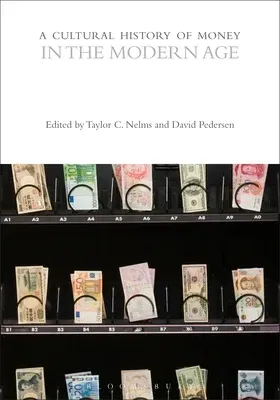A Cultural History of Money in the Modern AgePaperback, 26 January 2023

Qty
1
Turbo
Ships in 2 - 3 days
In Stock
Free Delivery
Cash on Delivery
15 Days
Free Returns
Secure Checkout

Part of Series
Cultural Histories
Print Length
280 pages
Language
English
Publisher
Bloomsbury Academic
Date Published
26 Jan 2023
ISBN-10
1350366498
ISBN-13
9781350366497
Description
Product Details
Book Format:
Paperback
Country of Origin:
US
Date Published:
26 January 2023
Dimensions:
24.41 x
16.89 x
2.54 cm
Genre:
20th Century
ISBN-10:
1350366498
ISBN-13:
9781350366497
Language:
English
Location:
New York
Pages:
280
Publisher:
Series:
Weight:
453.59 gm